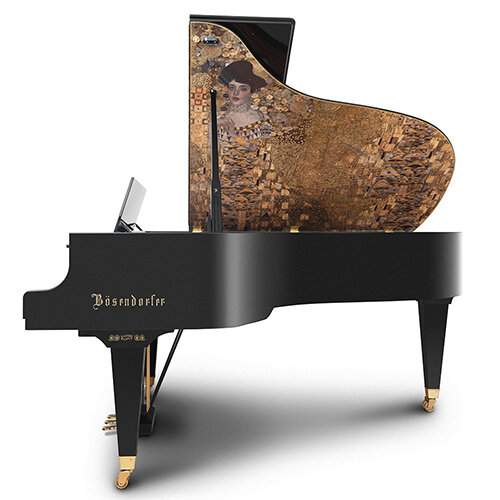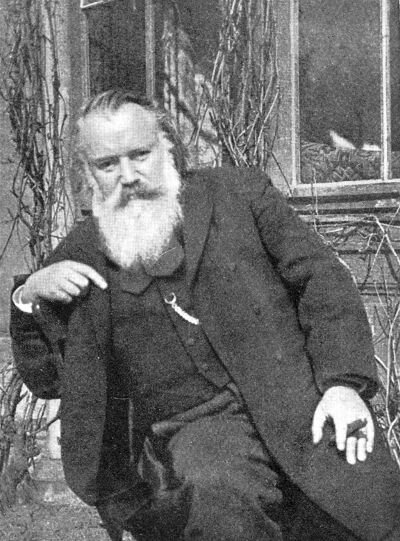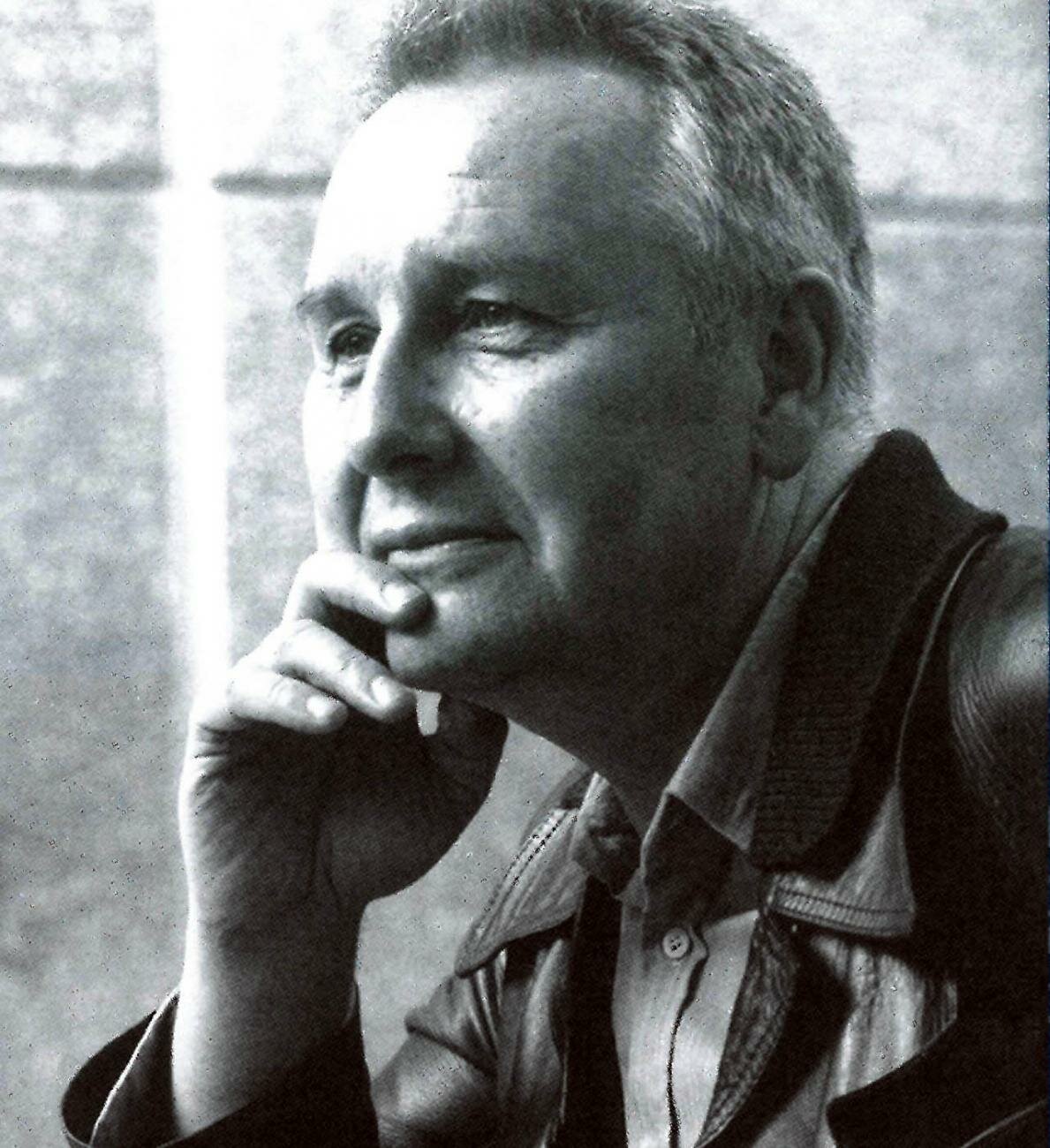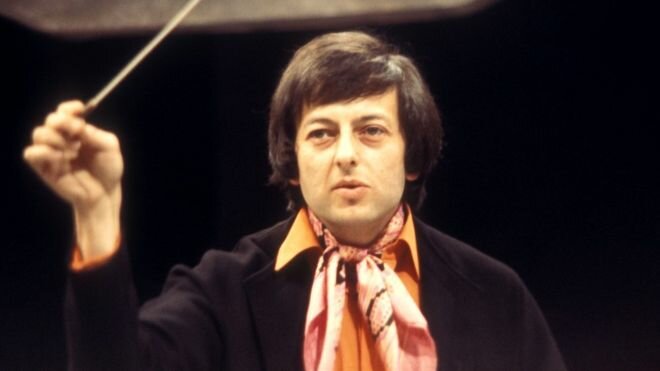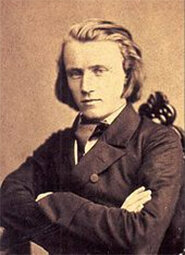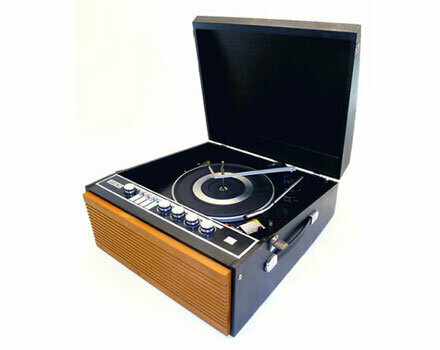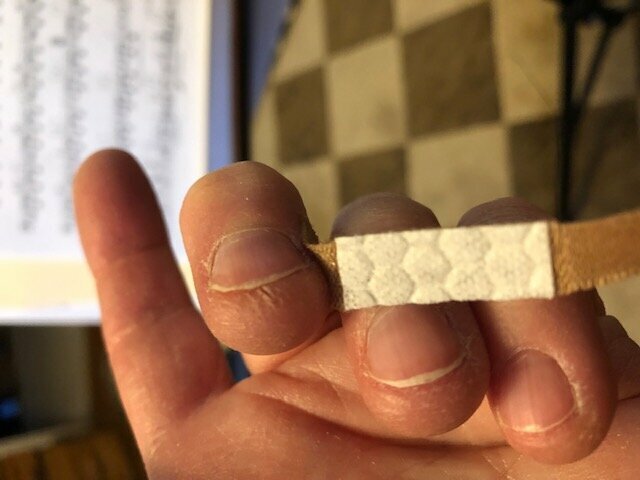The piano has undergone all sorts of innovations and embellishments since its invention by Bartolomeo Cristofori in the early 1700s. The most significant advances in the piano’s design were in response to demands from pianists and composers for a sturdier
Blogs
Dedicated to Clara Schumann, Brahms’ Klavierstücke Op.118 were written in 1893 again at Bad Ischl during his summer sojourn and are probably his most well-known opus nowadays. Julius August Philipp Spitta, a German musicologist, wrote to Brahms after receiving the
We are so used to attending concerts in specially-designed large halls that it is easy to forget that until about 1850, most music was experienced in people’s homes, churches, small intimate venues or ‘salons’. The Salon Concert was particularly popular
Minimalism, a musical style which developed in the US in 1960s, was a revolt against the all-pervasive atonality and fashionable “crazy creepy music” (Philip Glass) of the avant-garde, which, in its myriad forms and sub-genres, had dominated classical music since
André Previn, the remarkably versatile German-American pianist, composer, conductor, jazz musician and presenter, who died on 28 February 2019 at the age of 89, was an iconic figure in the national consciousness, and significant to me personally in my own
As our journey continues, let us explore Brahms’ (1833-1897) Three Intermezzi, Op.117. Written together with Fantasien Op.116 during a short stay at Bad Ischl, this set is even more introspective compared to the previous opus. When Brahms sent this set
The pleasures and rituals of home listening There is nothing quite like the excitement and atmosphere of hearing music performed live in a concert hall, but immense pleasure can be gained from listening at home, in the privacy of one’s
What a winter! —record-breaking snowfalls, gargantuan icicles, and freezing temperatures. Musicians go to great lengths to protect their instruments from the elements and winter does wreak havoc on them. Irwin Schulhoff: Five Pieces for String Quartet (Aviv Quartet) Just this

